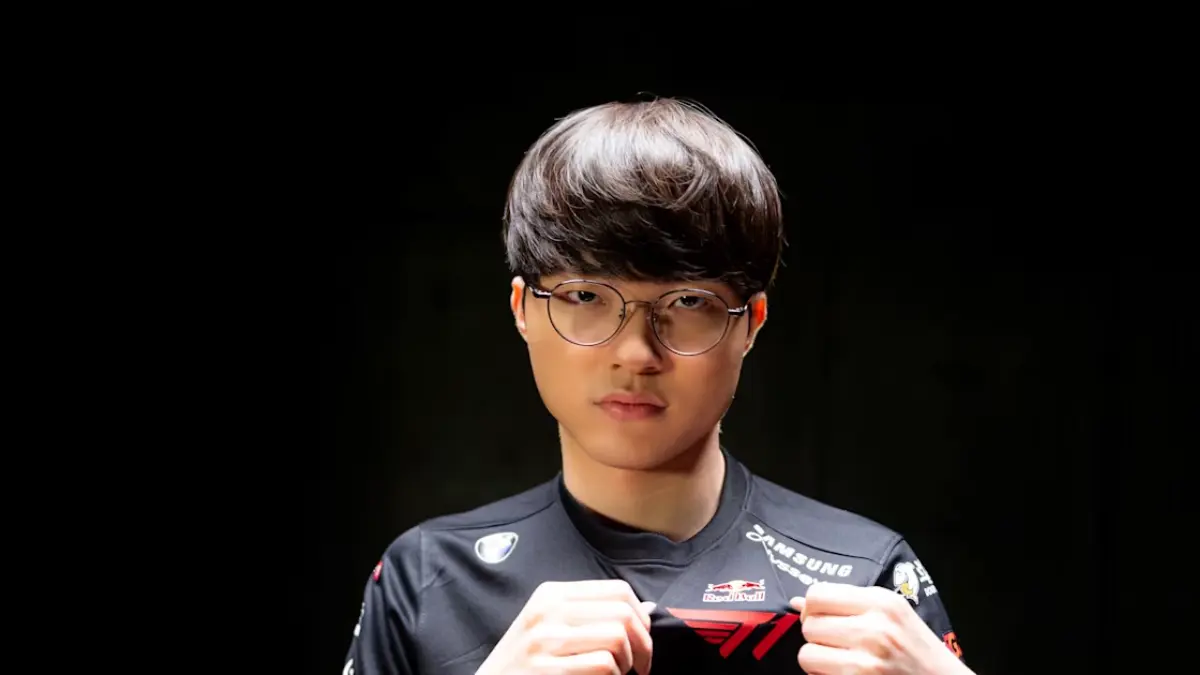Lee “Faker” Sang-hyeok, widely regarded as the greatest League of Legends player of all time, is challenging long-held beliefs about age and performance in esports as he approaches his 30th birthday next year. While many pro gamers retire in their mid-20s, Faker continues to compete at the highest level with T1, consistently outperforming opponents nearly a decade younger.
The four-time World Champion recently added to his legendary status by securing the 2023 World Championship title, cementing his legacy in a career that has spanned over ten years. This achievement came despite Faker taking time off earlier in the season to recover from a wrist injury—a break that seems to have only strengthened his resolve and performance.
What makes Faker’s continued dominance remarkable is how he’s evolved his playstyle over the years. Where younger Faker was known for flashy outplays and mechanical brilliance, today’s version relies more on unmatched game knowledge and smart decisions in the heat of battle. This ability to change with the times has helped him stick around through countless meta shifts and roster shuffles that have ended many other players’ runs.
People have been arguing about age in esports for years, with most folks thinking reflexes go downhill fast after your early 20s, so top-level play just isn’t possible. But Faker’s ongoing success calls that idea out—showing that years of experience and great game sense can easily make up for any tiny drop-offs in reaction speed.
T1’s focus on player well-being has definitely played a part in how long Faker’s been at it. The team gives him everything: medical help, physical therapists, nutritionists, mental health support—the opposite of the old days, when players would just burn out without any backup.
Other esports vets have managed to stay in the game into their late 20s and 30s, especially in fighting games, but no one has stayed on top the way Faker has in a game as tough and ever-changing as League of Legends. Staying this good for this long? It’s a lot like what we’ve seen from stars like LeBron James and Cristiano Ronaldo—still crushing it into their 30s.
Not just built different
What really separates Faker isn’t just his insane skill, but the grind and love for the game that push him forward. Teammates and coaches always mention his wild work ethic—he’s almost always the first one in and last out at practice, still putting the hours in after all these years at the top.
As Faker gets closer to 30, he’s not just showing everyone he can keep up—he’s changing what people expect from a pro esports career. With the right support, a ton of dedication, and a willingness to keep learning, he’s proving pro gamers can keep on playing way longer than anyone used to think.

